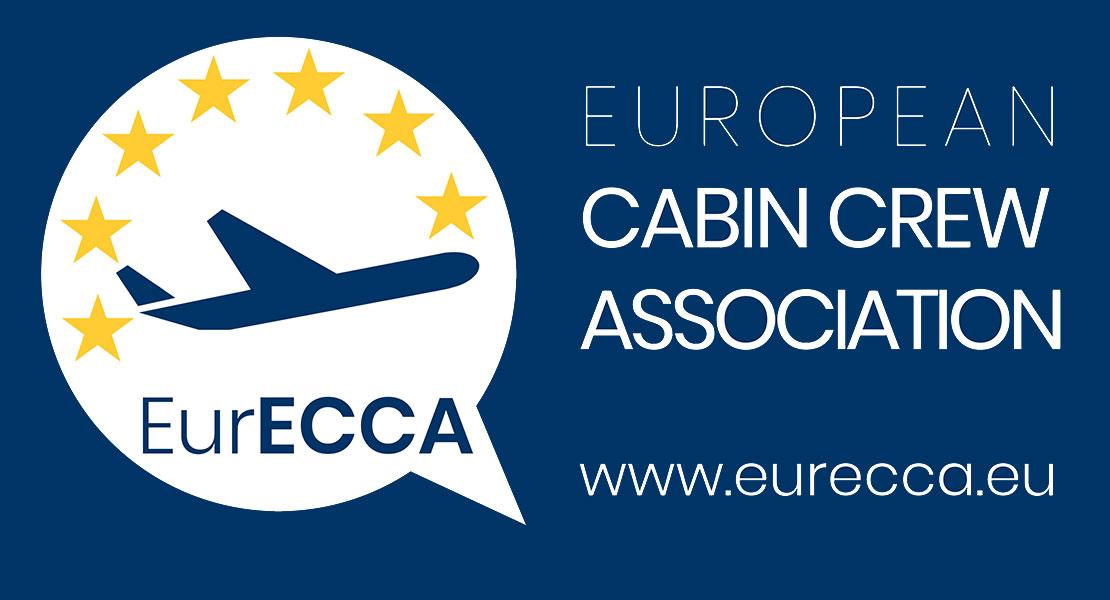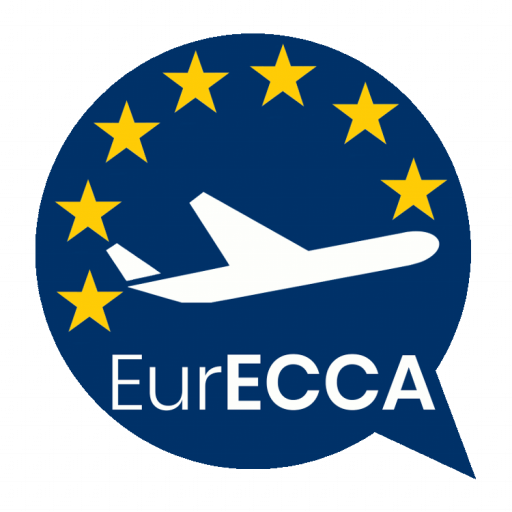EurECCA Manifesto 2024
With this Management Summary of our Manifesto the European Cabin Crew Association (EurECCA) sets out their political focus areas for the upcoming years to address the most urgent issues for cabin crews in Europe.
Read our Management Summary here.


